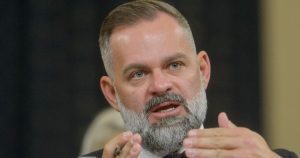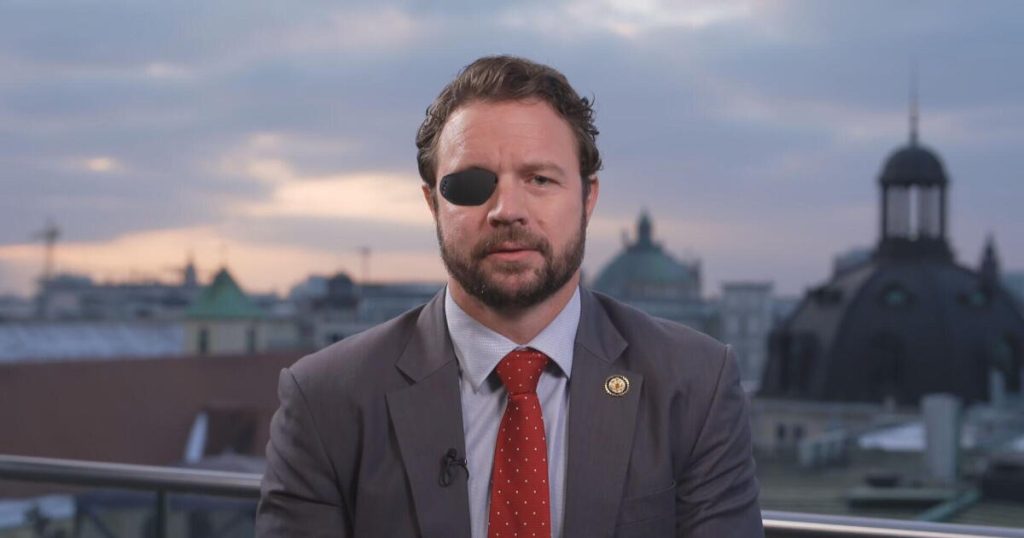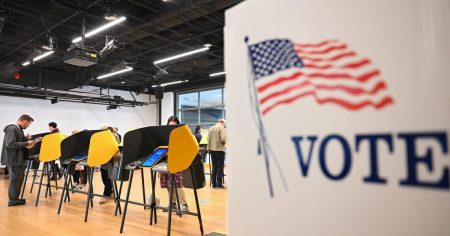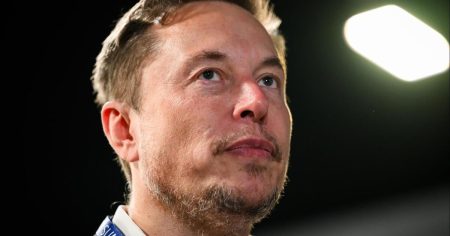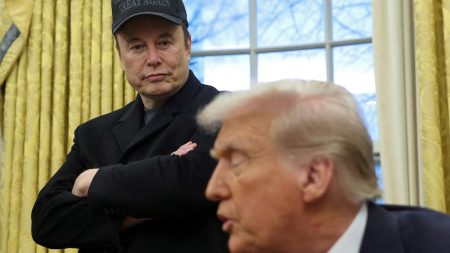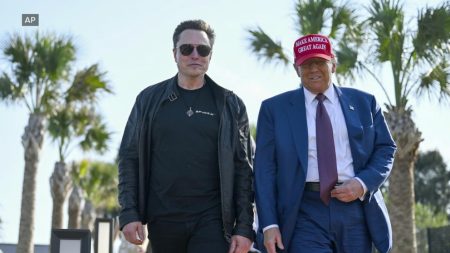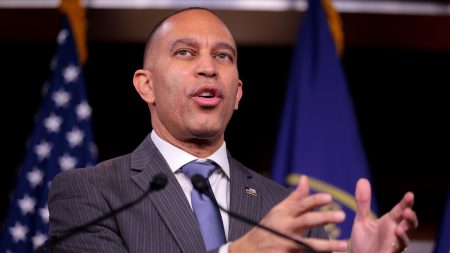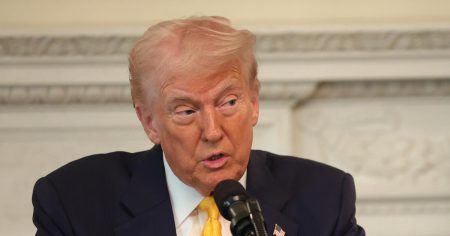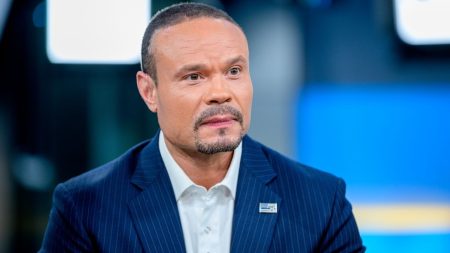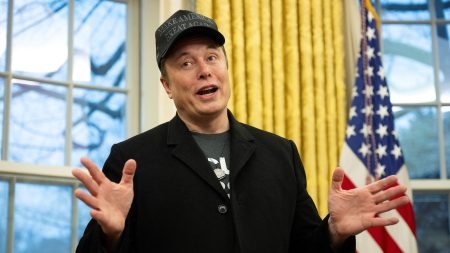Congressman Dan Crenshaw on U.S. Policy, Ukraine, and European Leadership
In a recent interview on Face the Nation with Margaret Brennan, Republican Congressman Dan Crenshaw of Texas shared his insights on U.S. foreign policy, the ongoing conflict in Ukraine, and the role of European leadership in securing a lasting peace. Speaking from the Munich Security Conference, Rep. Crenshaw emphasized the need for "uncomfortably aggressive" actions by European allies to counter Russian aggression and ensure Ukraine’s security in any future peace deal. He also highlighted the importance of maintaining leverage in negotiations with Russian President Vladimir Putin, stressing that Putin only responds to power.
Rep. Crenshaw acknowledged that President Volodymyr Zelenskyy of Ukraine has requested not just continued military support but also long-term security assurances. While the specifics of such assurances are still being discussed, Crenshaw made it clear that the U.S. and its European partners must prioritize Ukraine’s needs in any peace negotiations. However, he also warned that Europe must take a more proactive role in supporting Ukraine, both militarily and economically, rather than relying solely on the United States. "If you want a seat at the table, earn it," he said, pointing out that Europe’s contributions to Ukraine’s defense have often been insufficient compared to U.S. efforts.
The Role of NATO and European Unity in Ukraine’s Future
Crenshaw emphasized the importance of European unity and leadership in addressing the crisis in Ukraine. While NATO remains a critical defensive alliance, he argued that Europe needs to move beyond its current role and consider forming a more unified military presence, as Zelenskyy suggested in his recent speech. "The Europeans need to come together and have a much stronger message toward Putin," Crenshaw said, urging them to amp up their defense spending, deploy troops, and take the lead in negotiations. He criticized Europe for often "finger-wagging" at the U.S. instead of taking bold actions to bolster Ukraine’s position.
However, Crenshaw also expressed optimism about the current administration’s approach to negotiations. He praised General Kellogg, the U.S. Special Envoy leading the peace talks, for his clarity and determination to secure a lasting peace. Crenshaw reiterated that "nothing is off the table" in negotiations, a stance he believes is necessary to achieve a favorable outcome for Ukraine. He dismissed concerns that the U.S. might make concessions, arguing that walking into negotiations with all options on the table is the only way to ensure Ukraine’s interests are protected.
The Importance of Negotiations and the Role of Donald Trump
When asked about the likelihood of Putin committing to peace talks, Crenshaw acknowledged that the Russian leader has yet to demonstrate a genuine willingness to negotiate. He argued that Europe’s reluctance to take a harder line against Putin has emboldened the Russian leader and hindered progress. "Putin only responds to power," he said, urging European leaders to be more aggressive in their dealings with Russia. Crenshaw also defended President Trump’s approach to diplomacy, suggesting that Trump’s ability to use both carrots and sticks could help bring Putin to the negotiating table. He dismissed criticism of Trump’s willingness to engage with Putin, arguing that isolating Russia for the past two years under President Biden had yielded no results.
Crenshaw also addressed concerns about Trump’s controversial statements, such as his suggestion to readmit Russia to the G8 or invite Putin to the U.S. While some have criticized these moves as inappropriate, Crenshaw argued that they could be part of a broader strategy to negotiate a peaceful resolution. "You’re going to have to get him to the table somehow," he said, emphasizing the need for a mix of leverage and diplomacy. He also dismissed fears that Trump might "sell out" Ukraine, pointing to the president’s strong stance on European security and his commitment to a lasting peace.
Reflections on Afghanistan and the Importance of Honoring Allies
The conversation also turned to the U.S. withdrawal from Afghanistan, with Crenshaw acknowledging the lessons learned from that experience. He expressed his continued support for bringing Afghan allies who assisted the U.S. during the war to safety in the United States. Crenshaw, who lost an interpreter in Afghanistan, described these individuals as "patriots" who fought alongside U.S. forces and deserved protection. He criticized the Biden administration’s handling of the withdrawal, which he said left many allies behind, but emphasized the need to move forward and honor America’s commitments to those who served alongside its troops.
Crenshaw also addressed the ongoing debate over military spending, noting that the U.S. currently spends about 3.4% of its GDP on defense. While he did not commit to President Trump’s proposal to boost defense spending to 5% of GDP, he acknowledged the need for increased investment in the military given the current global security landscape. Crenshaw emphasized the importance of passing a budget and addressing the debt ceiling, but made it clear that defense spending must be a priority in light of ongoing threats.
A Call to Action for European Leaders
Throughout the interview, Rep. Crenshaw’s message was clear: Europe must step up its efforts to support Ukraine and counter Russian aggression. He urged European leaders to stop following America’s lead and instead take charge of their own security and diplomacy. "Let us be the ones holding you back," he said, calling for a radical shift in Europe’s approach to the conflict. Crenshaw also expressed optimism about the current administration’s strategy, particularly its willingness to engage in negotiations and use all available leverage to secure a favorable outcome for Ukraine.
In conclusion, Crenshaw’s interview highlighted the complexities of the Ukraine conflict and the need for bold action from both the U.S. and its European allies. His emphasis on European leadership, the importance of negotiations, and the need for increased defense spending reflects a broader recognition that the road to peace in Ukraine will be long and challenging. As the situation continues to evolve, Crenshaw’s call for "uncomfortably aggressive" actions serves as a reminder that resolving this crisis will require more than just words—it will demand decisive action from all parties involved.


